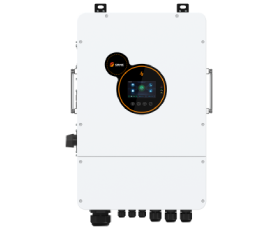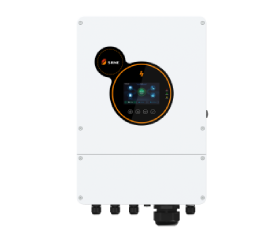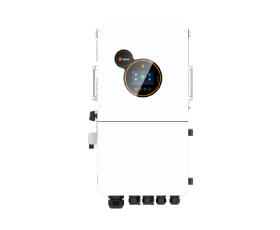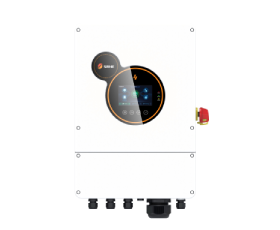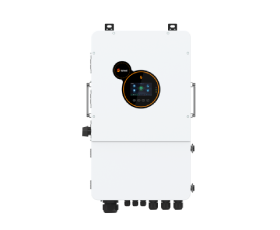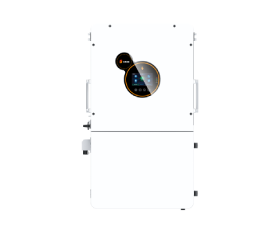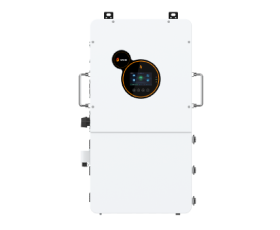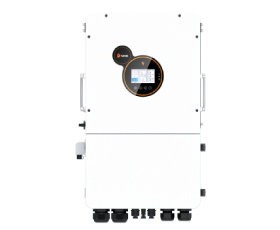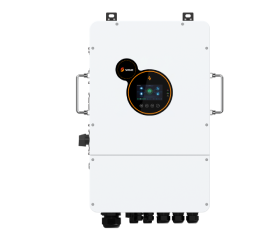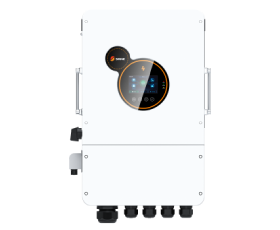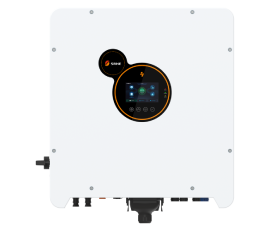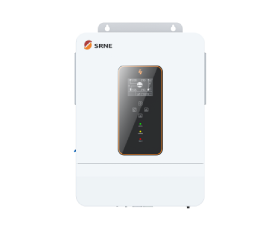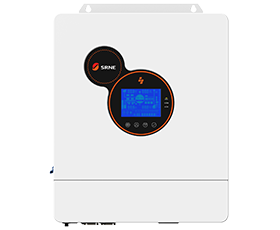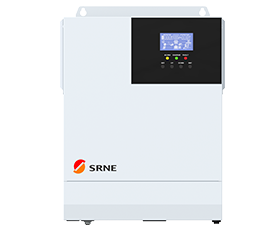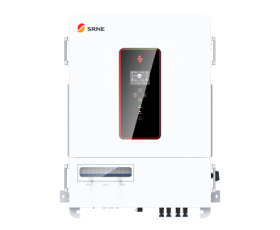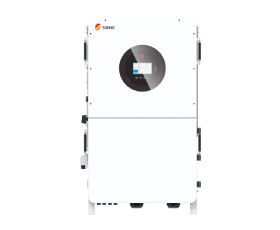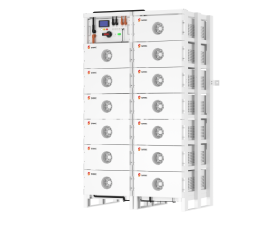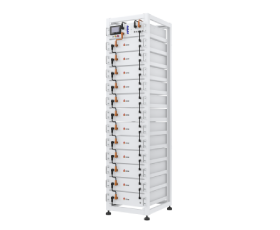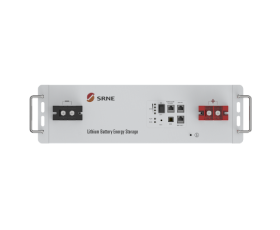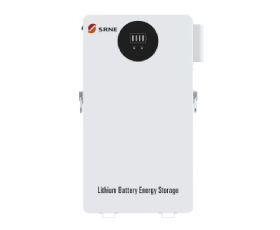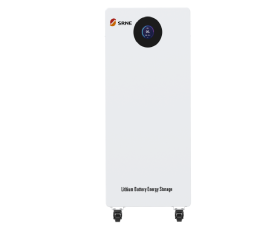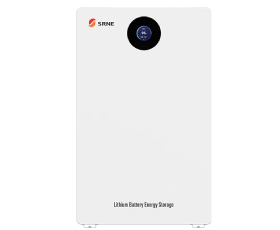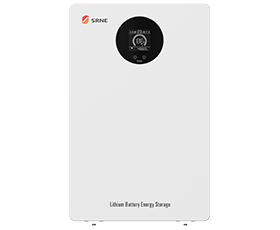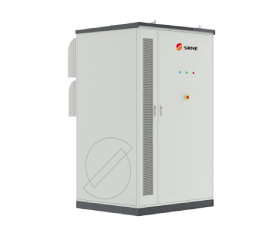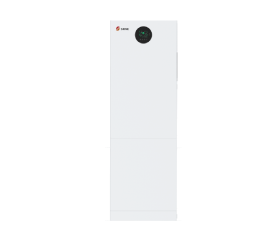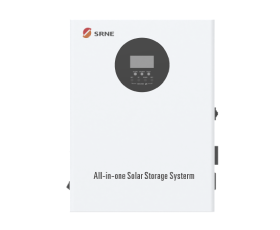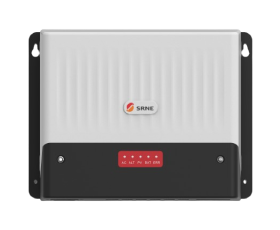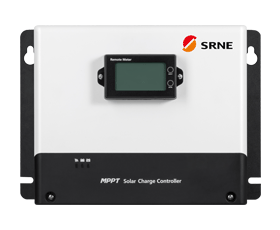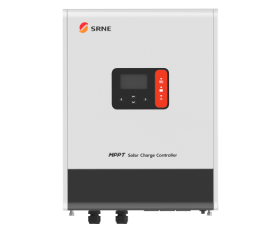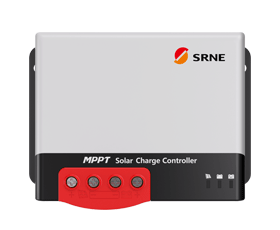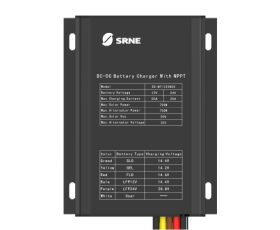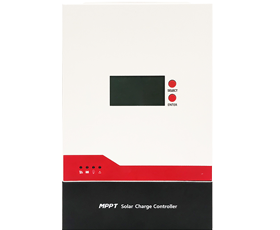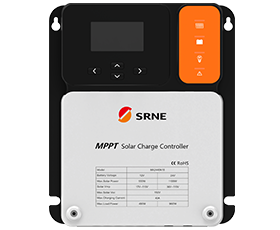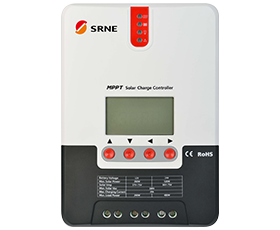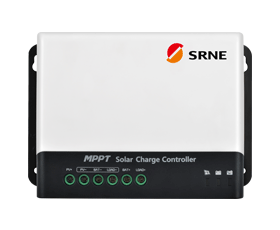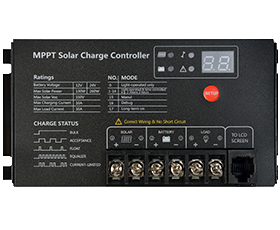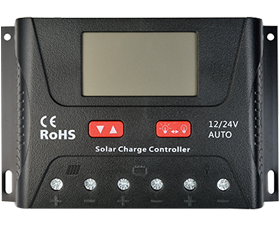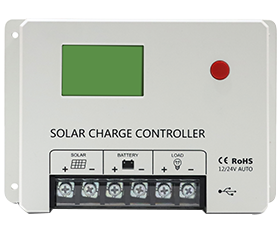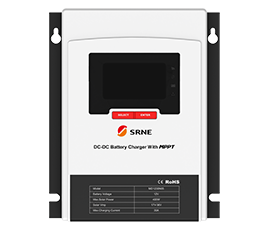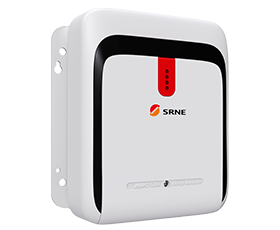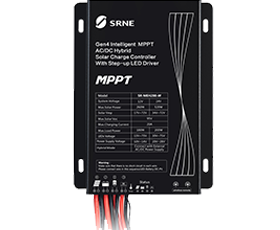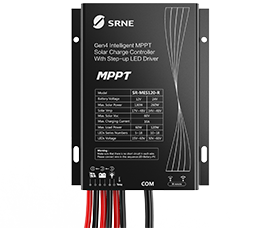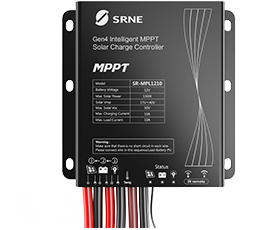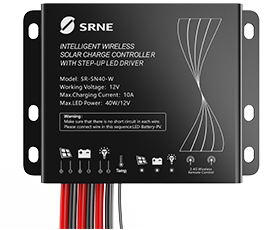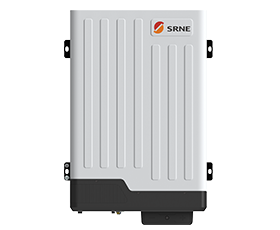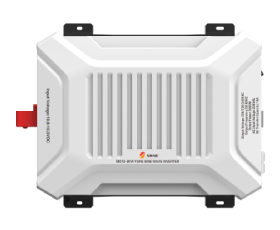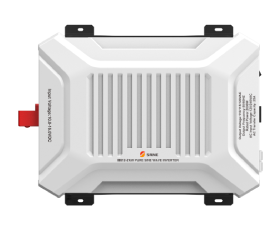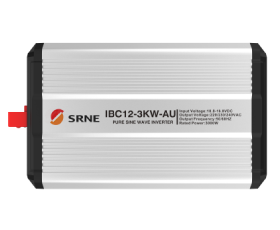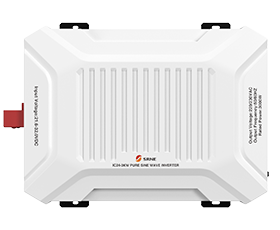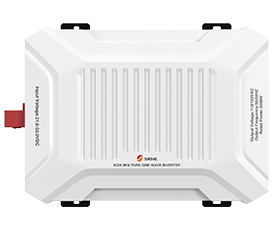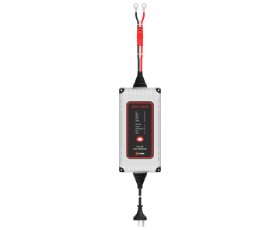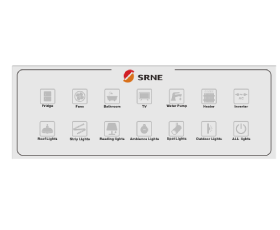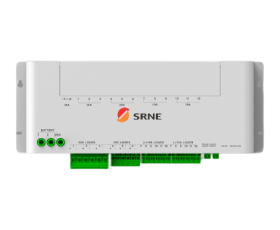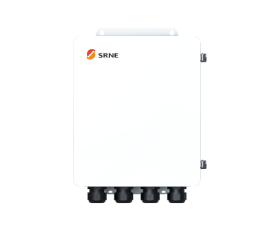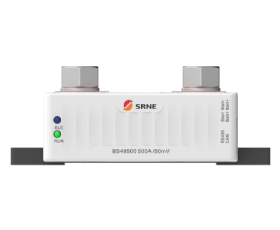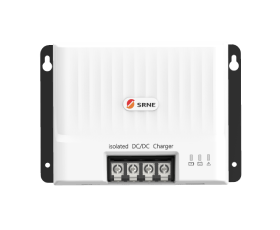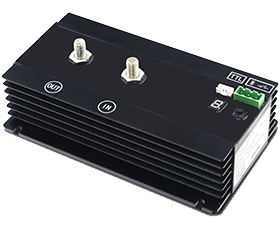Solar Power's Agricultural Applications
It is known that the agriculture industry is important to human life in any given countries. Agriculture is not just the world’s leading source of food, it also provides us with raw materials such as wood and oils. Therefore, it is essential to ensure the long-term development of agriculture industry by making it more efficient and sustainable. One of the ways is to reduce the emission of greenhouse gases such as carbon dioxide.
With rising global temperature, it is vital for each and every sector to concentrate on the number of greenhouse gases they emit and the amount of fossil fuels they consume. Nowadays, renewable energy is considered an alternative to fossil fuels and attracts a lot of attention.
Among renewable energy sources, solar is the most important because it is available in all the regions of the world. Modern, well-designed, simple-to-maintain solar systems can provide the energy that is needed, where it is needed, and when it is needed. These are systems that have been tested and proven around the world to be cost-effective and reliable, and they’re already raising levels of agricultural productivity worldwide.
This article will show you how solar power can be applied to agriculture industry.
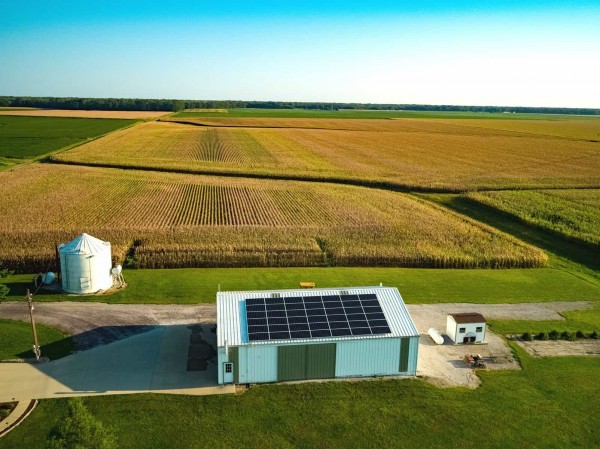
Monitor remote farms and fields
One of the biggest advantages solar power provides to the agriculture industry is the ability to monitor remote farms and fields. Collecting data regarding a wide variety of conditions such as temperature or moisture can help farmers properly care for their crops. However, since their farms and fields are often located in remote areas, supplying energy to monitoring devices can prove extremely difficult—running the cables necessary to provide power is often extremely costly or otherwise impossible.
Solar power provides an advantageous solution to this prevalent issue due to its ability to provide power to sensors and other monitoring devices without the need for cables or electrical sources. Thus, even in geographically challenging environments such as remote farms, farmers can still achieve the benefits of real-time monitoring.
Solar-powered irrigation systems
The role of solar power in agriculture industry is especially impactful when it comes to the essential process of irrigating fields. Irrigation plays an important role in agriculture by improving yields, improving water conditions in soil, and preventing famine which disrupts crop growth. That is to say, irrigation is essential to food security. To facilitate proper irrigation in an agricultural application, energy is an significant input. However, access to such energy can prove challenging in rural areas where there is no reliable access to an electricity grid or where diesel fuel is expensive.
To supply large- or small-scale farmers with the energy they need to power their irrigation systems, solar-powered irrigation systems are becoming an increasingly viable and advantageous option. Such systems provide reliable, affordable and clean energy, which can potentially reduce irrigation energy bills. In areas where access to energy is limited or nonexistent, solar-powered irrigation systems contribute to rural electrification to improve farmers’ access to water and ensure the vital irrigation process has the energy it needs to commence.
Dry crops and grains
Using solar drying method can dry crops faster and at an even rate than leaving them out open in the field with the added advantage of protection from birds, insects and worms.
Easily perishable crops are often difficult to dry and most of the percentage ends up getting spoiled, with solar drying, you can easily dry these crops and enable longer storage times and easier transportation. This will significantly decrease the number of spoiled crops and contribute to increasing farmers’ income.
There are different types of solar dryers, such as direct drying, indirect drying (solar cabinet dryer), mixed mode drying (solar tunnel dryer) or hybrid drying (hybrid solar dryer).
If your farm already has a crop dryer in place it makes sense to replace the conventional fuel powering the apparatus with solar energy. You would be able to save fuel and money by this method.
Using solar power can do the majority of cases related to agriculture. With more farmers adopting solar power for their agricultural land, it will become easier for us to fight the dangerous effects of global warming.



















